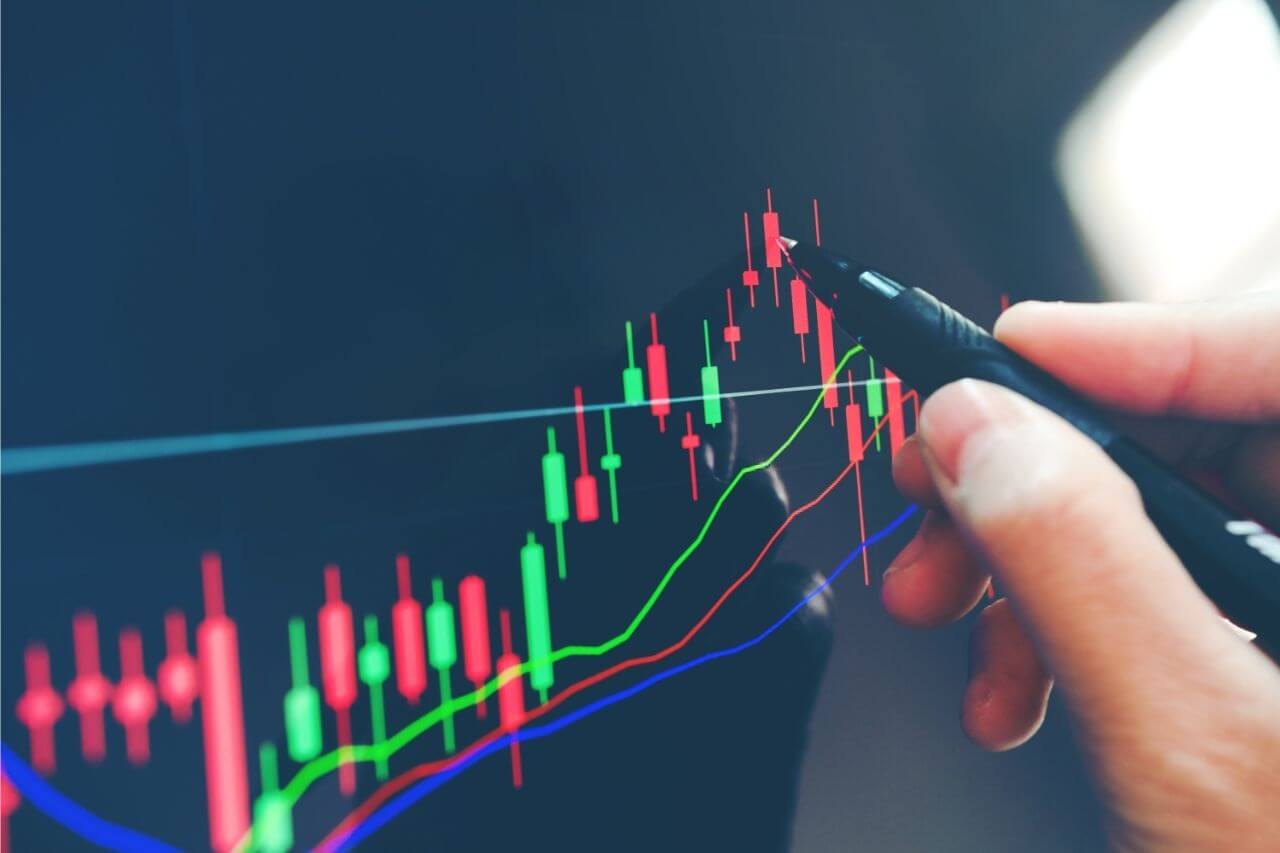Difference between broker and trader
Trader and broker: what is the difference and similarities
The financial market favors professionals.
It is they who are well versed in trading and can extract the maximum profit from transactions. And if a trader can be a beginner, a student or an experienced one, then a good broker should be highly qualified.
This will allow him to perform his functions efficiently and have a large number of clients, which means that he can earn good money from commission payments. But the difference between a trader and a broker is not only this.
Since the goal of any trade is to make a profit, both of these key figures in the financial world pursue it. The methods of work they have are different, the results are also different.
Who is a trader
Trader – a person trading on the stock exchange. He is engaged in the conclusion of transactions for the purchase / sale of financial assets. This specialist needs to independently track price fluctuations, use fundamental and technical analysis to make a decision.
He can make speculations on any exchanges and markets – stock, Forex, trading in raw materials or cryptocurrencies. And use one or more styles of trading from scalping to day trading.
Traders can act independently, as businessmen, or represent any financial organization (for example, a bank), as employees. In this case, deep knowledge in analytics and finance, specialized education, and successful work experience are required.
After all, you should go through a strict selection according to qualification criteria. Private traders use their own capital for trading and make a profit from the difference in the price of assets when selling and buying.
Like any entrepreneur, a market trader risks personal funds. And the support for him here is not luck, but knowledge, discipline, the ability to manage emotions. For many, trading is not their main occupation, but an attempt to improve their financial situation, try something new, engage in an interesting game in their free time.

But there is also a caste of professionals who devote their whole lives to this business. They regularly purchase and sell exchange-traded goods: stocks, futures, raw materials, currency, metal, options, etc. They constantly improve their skills, become rich and successful, constantly study themselves.
Who is a broker
A broker is an intermediary between the financial market and the client. On behalf of the latter, he concludes transactions on the stock exchange for his money and in his interests, receives remuneration as a percentage of the profit.
The intermediary is a company or a separate expert with a special license to perform professional functions in the financial market. Brokers are responsible for all legal aspects and legitimate mechanisms for conducting transactions.
Their activities are controlled and regulated by special regulatory authorities in each country. The customer and the intermediary conclude an agreement, which spells out the features of cooperation – rights, obligations, responsibility.
The broker’s earnings are a commission and a reward from the operations performed. This includes: a fee for the services of the depository, the use of the terminal, maintenance of the account, commission payments to the exchange itself.
The intermediary can communicate with clients both personally and through online services, in automatic mode. The Internet simplifies the access of a wide audience to the stock markets. Brokerage houses also additionally offer services for analytical forecasts and reports, margin trading, filing tax returns. Consulting, conducting training seminars for traders and providing market news are also part of their responsibilities.
There is a lot of competition on the market between brokerage organizations, so the requirements for the quality of service are high, and the tariffs are different, depending on the occupancy of the services.
Key Similarities
As with the two key figures of the financial market, there are similarities between brokers and traders.
The main quality of an intermediary is reliability, the ability to use various trading strategies and styles, available trading platforms, competitiveness and positive customer reviews. The broker always has the status of a legal entity.
To become a trader, you need to understand finance and the operation of the market system. This requires serious training in the profession. The basis can serve as an education in a financial and economic university.
But the main thing is to comprehend the nuances in professional courses and train with the masters. After all, you need to know the basics of market trading, understand the activities of stock exchanges, learn technical and fundamental analysis, and much more.
Trader
— a person (individual or legal) engaged in trading activities in the financial markets with a speculative purpose on their own initiative. The goal of a trader is to make a profit from trading on fluctuations in the price of a trading instrument (asset).
Distinguish between private and professional traders.
Professional traders act on behalf of financial companies, trading the company’s funds in order to make a profit. In order to become a professional trader, you must have a financial education (especially when trading on the stock exchange), a trader’s license (certificate) and significant trading experience (at least 6-12 months of successful trading) in the financial markets. Such traders can trade both via the Internet, using trading terminals, and being directly on the exchange, trading “in the pit” (on the floor) of the exchange.
Private traders are engaged in trading activities with their own money or manage the funds of investors. As a rule, private traders may not be licensed or financially educated, and almost always use the intermediary services of brokers to enter the market.
The managing trader can be either a professional trader or a private trader who accepts investments to manage them for profit. You can read more about the activities of managing traders in the article dedicated to PAMM accounts.

According to the style of trading, traders are divided into the following groups:
Day traders — trade within one working day (trading session), closing trading positions without transferring them to the next day. They use technical analysis of the market, and often trade on market fluctuations against the backdrop of economic news releases.
Scalpers use the scalping strategy in trading, which involves making a large number of transactions of short duration, most often with a large amount of funds.
Short-term traders (positional) – hold open positions for several days. More often used technical analysis of the market.
Medium-term traders – transactions have a duration of several weeks or months. The most commonly used fundamental analysis of the markets.
Long-term traders – can be in open positions for a quarter, six months or even more than a year. Most often, fundamental analysis of the markets is also used.
Depending on the situation in the market, traders are called “Bears” and “Bulls” in slang.
Bears are traders who trade on the downtrend of the market on downtrends (open orders to sell the asset, (Sell)). The name comes from the style of the bear paw strike (beats with a paw from top to bottom).
Bulls are traders who trade to increase the market on uptrends (open orders to buy assets, (Buy)). The name comes from the style of the bull’s strike (beats with horns from the bottom up).
stock broker
is a company that performs intermediary services between traders and stock exchanges, ensuring the completion of trading transactions in financial markets.
The broker accepts trading requests from clients and places them on the market, for which he charges a certain commission. Thus, the broker provides direct access to liquidity for its clients.
Brokerage companies must have registration, as well as licenses that give the right to provide brokerage services. In addition, brokers are supervised and regulated by authorized regulatory bodies—MiFID.
Thus, the difference between a broker and a trader is that brokers provide their services as an intermediary, while traders are directly involved in trading activities in the financial markets.
